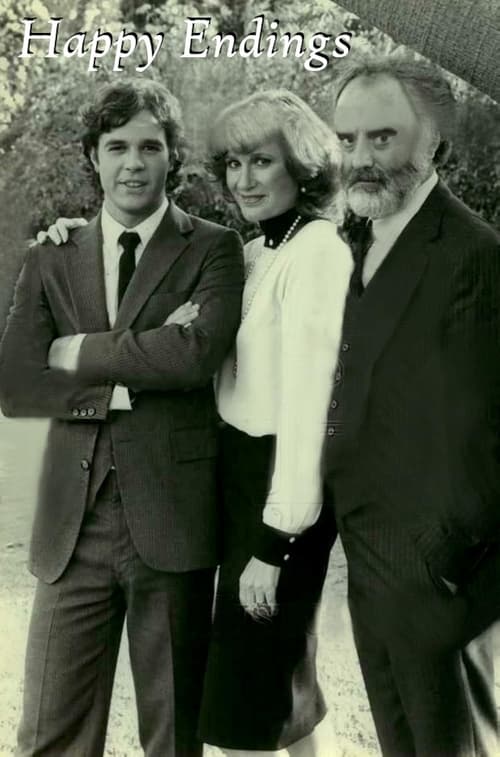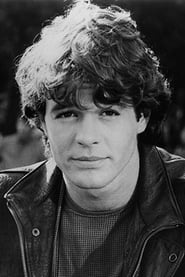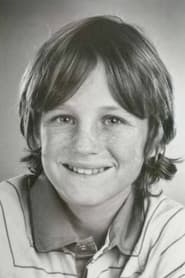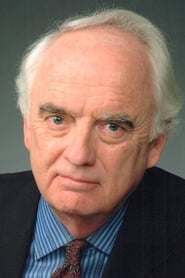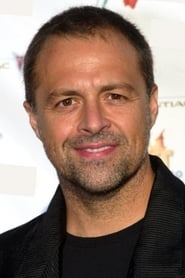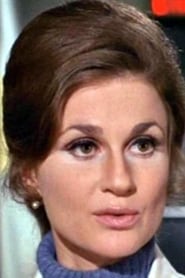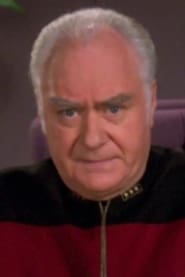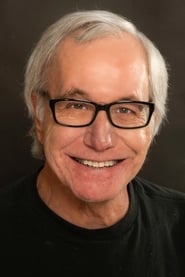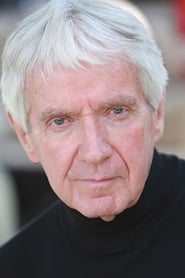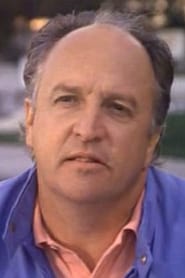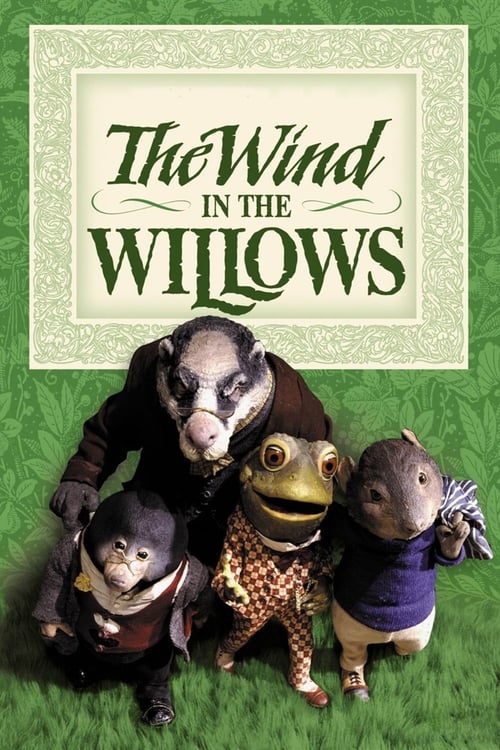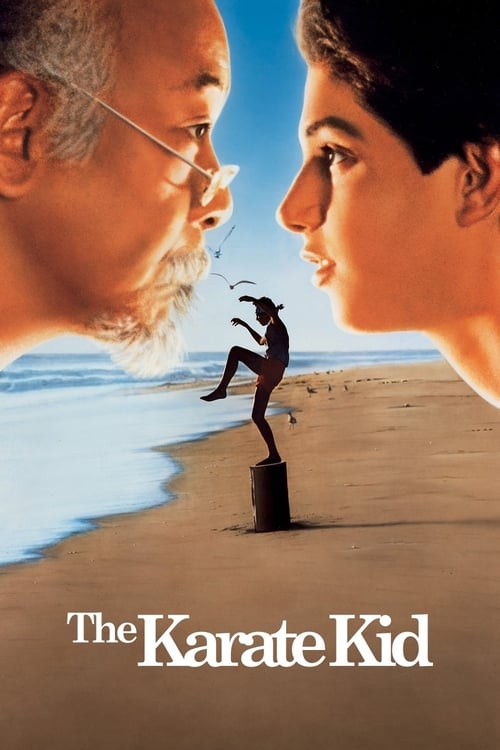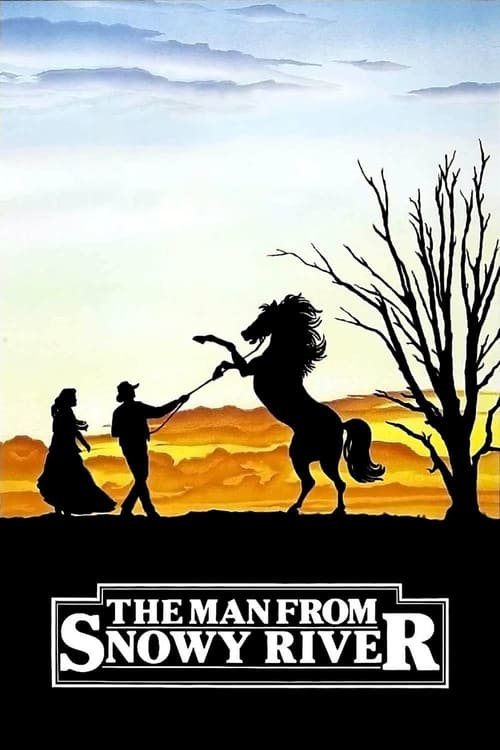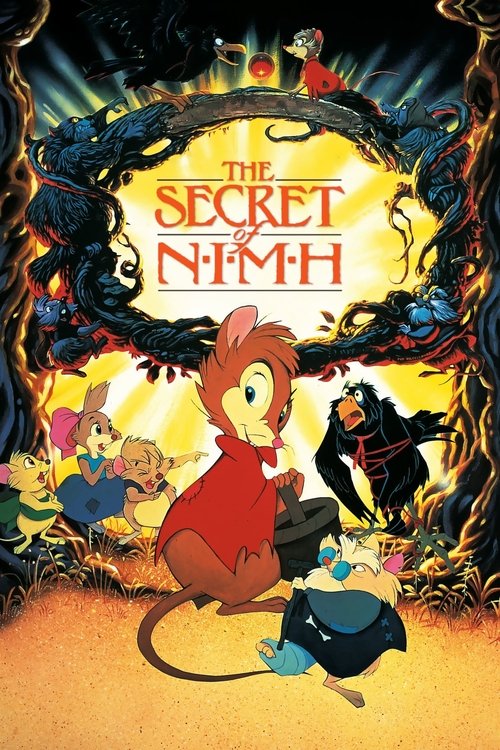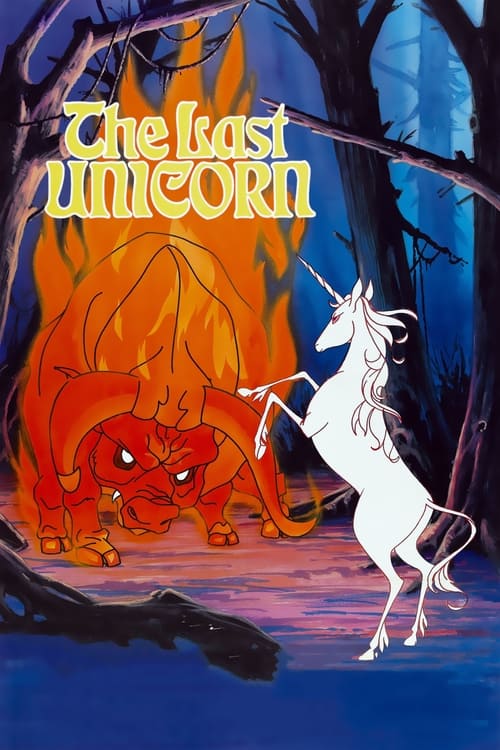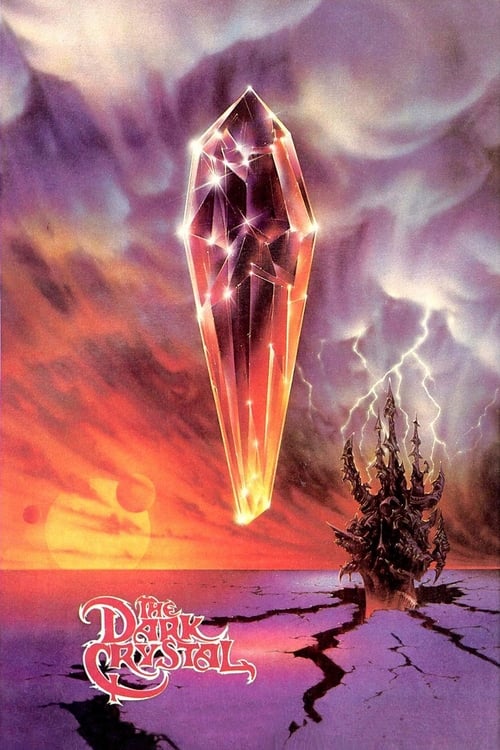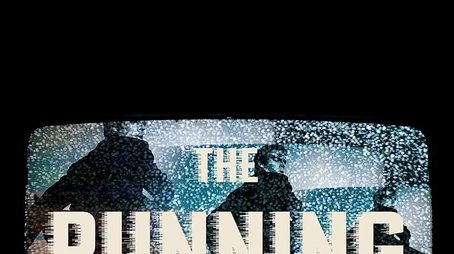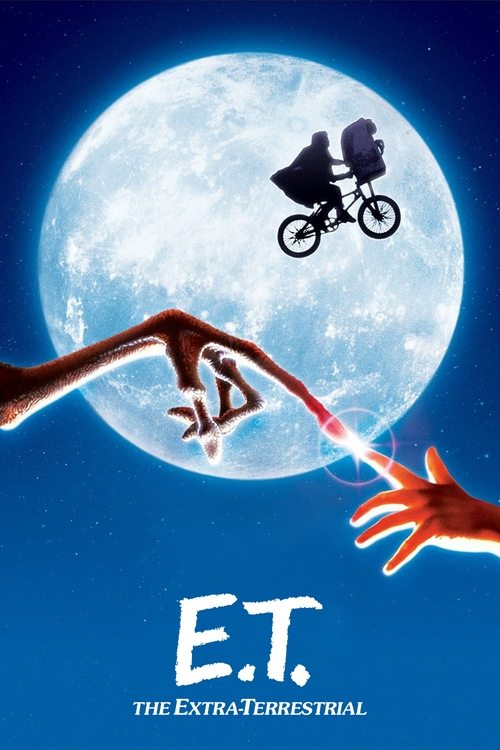
Ask Your Own Question
What is the plot?
Full Narrative Spoiler of "Happy Endings" (1983)
Los Angeles, early 1980s. The city hums with possibility, but for Nick Callohan, the world feels muted. He stands in the center of his new apartment, boxes half-unpacked, a typewriter on the table, and a photograph of his ex-wife in his hand. The air is thick with the scent of fresh paint and old regrets. "Maybe this is a fresh start," Nick murmurs to himself, though his voice lacks conviction. He places the photograph face down, picks up a notebook, and begins to write--not a story, but a letter. "Dear Sarah," he starts, then pauses, the words heavy with unspoken apologies and longing. Outside, the sounds of the city drift in--car horns, distant laughter, the occasional siren--but inside, it's just Nick and his silence.
A knock at the door interrupts his thoughts. It's the building manager, welcoming him and handing over a set of keys. "You'll like it here," he says. "Lots of artists. Writers, musicians. Good energy." Nick nods, forcing a smile. As the manager leaves, Nick catches a glimpse of his new neighbor across the hall--a woman with a guitar case and a stack of sheet music, her hair catching the afternoon light. She glances his way, offers a polite nod, and disappears into her apartment.
Later that evening, Nick sits at his desk, staring at a blank page. The typewriter mocks him. He hears music through the thin walls--a woman's voice, soft but strong, accompanied by a guitar. It's hauntingly beautiful, and for a moment, Nick forgets his writer's block. He listens, transfixed, until the music stops abruptly. A door opens and closes in the hallway. Curious, Nick steps outside and finds his neighbor, Lisa Sage, locking her door.
"You play beautifully," Nick says, surprising himself with the compliment.
Lisa turns, startled, then smiles. "Thanks. I hope I didn't keep you up."
"No, not at all. It was… nice to hear something real."
They stand in the hallway, two strangers bound by recent heartbreak. Lisa's eyes are bright but guarded. "I'm Lisa," she says.
"Nick. Just moved in."
"Me too," Lisa replies. "Fresh starts, right?"
Nick nods. "That's the idea."
Their first conversation is brief, but there's an unspoken understanding between them--a recognition of shared loneliness. Over the next few days, their paths cross in the hallway, at the mailboxes, in the elevator. Each encounter is polite, but the walls between them begin to soften.
One afternoon, Nick finds Lisa sitting on a park bench near their building, strumming her guitar. He hesitates, then sits beside her. The sun filters through the trees, casting dappled shadows on the pavement.
"Mind if I join you?" Nick asks.
Lisa shakes her head. "Not at all. I could use the company."
They talk about music, about writing, about the city. Nick confesses that he's struggling to find inspiration. "I used to write all the time," he says. "Now, it's like the words are just… gone."
Lisa nods. "I know the feeling. After my last relationship ended, I couldn't sing for weeks. It was like my voice belonged to someone else."
Nick looks at her, surprised. "You too?"
Lisa smiles ruefully. "Yeah. He was a musician. Left me for someone with 'more connections.'" She plucks a chord, the sound sharp and bitter. "Guess I wasn't enough."
Nick doesn't know what to say, so he listens. And for the first time in months, he feels something stir inside him--not just empathy, but the faintest spark of creativity.
Days pass. Nick begins to write again, filling his notebook with fragments of stories, observations, and, increasingly, thoughts about Lisa. He watches her come and go, hears her music through the walls, and finds himself drawn to her quiet strength.
One evening, Lisa invites Nick to hear her perform at a local bar. The venue is small, dimly lit, crowded with regulars and a few fellow musicians. Lisa's friend, Ana Alicia, waves Nick over to a table near the stage.
"You must be Nick," Ana says. "Lisa's talked about you."
Nick blinks, surprised. "She has?"
Ana grins. "Don't look so shocked. She doesn't bring just anyone to her shows."
Lisa takes the stage, her guitar slung over her shoulder. She looks nervous but determined. The crowd quiets as she begins to play--a song about lost love and new beginnings. Her voice is raw, honest, and Nick feels every word like a punch to the chest. When she finishes, the room erupts in applause. Lisa's eyes meet Nick's, and for a moment, the world narrows to just the two of them.
After the show, they walk home together, the city lights shimmering around them. Lisa is buzzing with adrenaline, her cheeks flushed.
"You were amazing," Nick says.
Lisa shrugs, but she's smiling. "It felt good. Like I'm finally moving forward."
They stop at the park bench, sitting side by side in comfortable silence. Nick gathers his courage. "I've been writing again," he admits. "About you. About us. About this building and all the people in it."
Lisa turns to him, surprised. "Really?"
Nick nods. "You inspire me. Your music, your honesty… I haven't felt this way in a long time."
Lisa's eyes glisten. "I've been writing songs about you, too. About how it feels to meet someone who actually sees you."
They sit there, the weight of their confessions hanging between them. The night is cool, the stars bright overhead. For the first time in months, both Nick and Lisa feel hope--not just for their art, but for their hearts.
But life, as always, has complications. Lisa's manager, a slick, fast-talking man, pressures her to sign a contract that would give him control over her career. "This is your shot, Lisa," he says, sliding the papers across the table at a coffee shop. "Sign now, or you'll regret it."
Lisa hesitates, her fingers trembling. She thinks of Nick, of the songs she's written, of the person she's becoming. "I need to think about it," she says.
The manager's smile falters. "Don't wait too long. Opportunities like this don't come around twice."
Lisa leaves the meeting shaken. She finds Nick at the park bench, his notebook open in his lap.
"Everything okay?" Nick asks, sensing her distress.
Lisa sits beside him, her voice quiet. "My manager wants me to sign a contract. It's a big deal, but… it doesn't feel right."
Nick listens, then says, "You don't have to do anything you're not ready for. Your music is yours. No one else's."
Lisa looks at him, tears in her eyes. "What if this is my only chance?"
Nick takes her hand. "It won't be. You're too talented. And you deserve to do it your way."
Lisa squeezes his hand, grateful for his faith in her.
Meanwhile, Nick receives a phone call from his ex-wife, Sarah. The conversation is awkward, filled with pauses and unspoken apologies. "I just wanted to see how you're doing," Sarah says.
Nick sighs. "I'm… getting there. Writing again. Met someone interesting."
Sarah is silent for a moment. "I'm glad. You deserve to be happy, Nick."
The call ends, and Nick feels a strange mix of sadness and relief. He realizes he's finally ready to let go of the past.
The tension builds as Lisa's manager increases the pressure, calling her daily, showing up at her apartment. "You're making a mistake," he insists. "You'll never make it without me."
Lisa stands her ground. "I'll take my chances," she says firmly. "I'm not signing."
The manager's face darkens. "You'll regret this," he snarls before storming out.
Lisa is shaken but resolute. She finds Nick at the bar, where she pours out the story. Nick listens, his jaw tight with anger. "You did the right thing," he says. "No one should control your art."
Lisa nods, her voice trembling. "I just hope I didn't throw everything away."
Nick smiles. "You didn't. You're just getting started."
As the weeks pass, Nick and Lisa grow closer. They share meals, stories, and quiet moments on the park bench. Nick's writing flourishes; Lisa's music finds new depth. They support each other through doubts and setbacks, their friendship deepening into something more.
One evening, Lisa performs at the bar again, this time with a new song--a ballad about courage, about choosing your own path. Nick watches from the audience, his heart full. When the song ends, the room erupts in applause. Lisa looks out, her eyes finding Nick's. She mouths, "Thank you."
After the show, they walk home together, the city alive around them. Lisa takes Nick's hand. "I couldn't have done this without you," she says.
Nick smiles. "Yes, you could have. But I'm glad I got to see it."
They stop at the park bench, the place that has become theirs. The night is clear, the stars bright. Nick looks at Lisa, his voice soft. "I think I'm falling in love with you," he admits.
Lisa's eyes fill with tears. "I think I am, too."
They kiss, the world narrowing to just the two of them, the city humming in the background.
The film's final scenes show Nick at his typewriter, the words flowing freely. Lisa sits beside him, strumming her guitar, a new song taking shape. They are both creating, both healing, both hopeful. The camera pulls back, showing the apartment building, the park bench, the city beyond--a world full of possibility.
The very last scene finds Nick and Lisa on the park bench once more, looking up at the stars. Nick says, "I used to think happy endings were just for stories. But maybe they're possible in real life, too."
Lisa smiles, leaning her head on his shoulder. "Maybe they are."
The screen fades to black, leaving the audience with a sense of hope, of new beginnings, and of the quiet, everyday magic of connection.
Key Points
- No deaths occur in the film; it is a romantic comedy focused on emotional growth and new beginnings.
- All major confrontations--Nick and Lisa's initial awkwardness, Lisa's stand against her manipulative manager, Nick's final conversation with his ex-wife--are resolved with honesty and mutual respect.
- All secrets and revelations are shared openly between Nick and Lisa, deepening their bond and allowing both to move forward.
- The ending is hopeful and open: Nick and Lisa are together, both pursuing their art and supporting each other, with the promise of a "happy ending" not as a fairy tale, but as a real, hard-won possibility.
This is the complete, unvarnished story of Happy Endings (1983), told as a flowing, scene-by-scene narrative with all major plot points, emotional beats, and character arcs revealed.
More Movies Like This
Browse All Movies →What is the ending?
In the ending of "Happy Endings," the characters find themselves at a crossroads, grappling with their relationships and the choices they have made. The film concludes with a sense of resolution for some, while others face uncertainty about their futures.
As the narrative unfolds, we see the characters navigating their intertwined lives. The film culminates in a series of revelations and confrontations that lead to significant changes. The main characters, including the troubled couple, the ambitious woman, and the man caught between them, each confront their desires and the consequences of their actions. The ending leaves them at pivotal moments, suggesting new beginnings and the potential for happiness, albeit with lingering questions about their paths.
Now, let's delve into the ending in a more detailed, chronological manner:
The final act begins with the characters gathering at a pivotal location, a place that has been central to their interactions throughout the film. The atmosphere is charged with tension as unresolved feelings bubble to the surface. The camera captures the subtle shifts in their expressions, revealing the weight of their choices.
First, we focus on the couple, who have been struggling with their relationship. They sit together, the distance between them palpable. The woman, feeling neglected and unfulfilled, finally voices her frustrations. Her words are laced with vulnerability, and the audience can sense her desperation for connection. The man, initially defensive, begins to reflect on his own shortcomings. This moment is pivotal; it marks a turning point where both characters confront their fears and desires. The scene is filled with close-ups that emphasize their emotional turmoil, the camera lingering on their faces as they navigate this difficult conversation.
Next, we shift to the ambitious woman, who has been pursuing her career at the expense of her personal life. She stands apart from the couple, observing their interaction with a mix of envy and longing. Her internal conflict is evident as she grapples with her own choices. The film captures her in a moment of solitude, the lighting casting shadows that symbolize her isolation. She contemplates her future, torn between her professional aspirations and the desire for meaningful relationships.
As the scene progresses, the man caught between the couple steps forward, attempting to mediate the tension. His presence adds complexity to the situation, as he has his own feelings for both characters. The dialogue becomes increasingly heated, revealing the layers of jealousy, love, and regret that have built up over time. The camera captures the intensity of their emotions, with quick cuts between their faces, highlighting the stakes of their confrontation.
In the climax of the film, a breakthrough occurs. The couple reaches a moment of clarity, realizing that they must either commit to each other fully or part ways. The emotional weight of this decision hangs in the air, and the audience can feel the gravity of their choice. The man, witnessing this moment, is forced to confront his own role in their lives. He must decide whether to step back or to assert his feelings, leading to a moment of tension that could change everything.
As the scene draws to a close, the characters make their choices. The couple, after a heartfelt exchange, decides to take a leap of faith, choosing to work on their relationship. Their embrace is tender, filled with hope and uncertainty, symbolizing their commitment to each other despite the challenges ahead. The camera captures this moment in a wide shot, emphasizing their unity against the backdrop of their tumultuous journey.
Meanwhile, the ambitious woman, inspired by the couple's decision, resolves to pursue her own happiness. She steps away from the group, a newfound determination in her stride. The film closes on her silhouette against the setting sun, symbolizing the dawn of a new chapter in her life.
The final moments of "Happy Endings" leave the audience with a sense of possibility. Each character has faced their demons and made choices that will shape their futures. The film ends on a note of ambiguity, suggesting that while they have found some resolution, the journey toward happiness is ongoing, filled with both challenges and opportunities for growth.
Is there a post-credit scene?
The movie "Happy Endings," produced in 1983, does not have a post-credit scene. The film concludes without any additional scenes or content after the credits roll. The narrative wraps up the storylines of the characters, focusing on their relationships and resolutions, leaving the audience with a sense of closure. The absence of a post-credit scene aligns with the film's overall tone and structure, emphasizing the themes of love, connection, and the complexities of human relationships.
What are the main character's motivations throughout the film?
The main character, played by a young actor, is driven by a desire for love and acceptance. Throughout the film, they navigate complex relationships, often feeling torn between personal desires and societal expectations. Their journey reflects a deep internal struggle as they seek to find their place in a world that often feels unwelcoming.
What specific events lead to the climax of the film?
The climax of the film is reached through a series of escalating events that heighten the tension between the main characters. Key moments include a dramatic confrontation that forces the characters to confront their feelings and fears, as well as a pivotal decision that could change the course of their lives. These events are charged with emotion, leading to a cathartic release that sets the stage for the resolution.
How does the relationship between the two lead characters evolve?
The relationship between the two lead characters begins with a spark of attraction but is complicated by misunderstandings and external pressures. As the story unfolds, they face various challenges that test their bond, leading to moments of vulnerability and connection. Their evolution is marked by both conflict and reconciliation, ultimately revealing the depth of their feelings for one another.
What role does the supporting cast play in the main character's journey?
The supporting cast serves as both allies and obstacles in the main character's journey. Friends provide comic relief and emotional support, while antagonistic figures challenge the protagonist's choices and beliefs. Each character's interactions contribute to the main character's growth, highlighting themes of friendship, loyalty, and the complexity of human relationships.
How does the setting influence the characters' experiences?
The setting of the film plays a crucial role in shaping the characters' experiences. The vibrant yet chaotic backdrop reflects the characters' inner turmoil and aspirations. Specific locations, such as a bustling city street or an intimate café, serve as stages for key interactions, enhancing the emotional weight of the scenes. The environment often mirrors the characters' struggles, adding depth to their journeys.
Is this family friendly?
"Happy Endings," produced in 1983, is not considered family-friendly due to its mature themes and content. Here are some potentially objectionable or upsetting aspects that might occur for children or sensitive viewers:
-
Sexual Content: The film includes scenes that depict adult relationships and sexual situations, which may not be suitable for younger audiences.
-
Language: There is the use of strong language throughout the film, which could be inappropriate for children.
-
Emotional Turmoil: Characters experience significant emotional struggles, including themes of infidelity, heartbreak, and existential crises, which may be distressing for sensitive viewers.
-
Substance Use: There are instances of alcohol consumption and references to drug use, which may not be appropriate for younger viewers.
-
Complex Relationships: The film explores complicated adult relationships and moral dilemmas that may be difficult for children to understand.
These elements contribute to the film's overall tone and may not be suitable for a younger audience or those who are sensitive to such themes.

